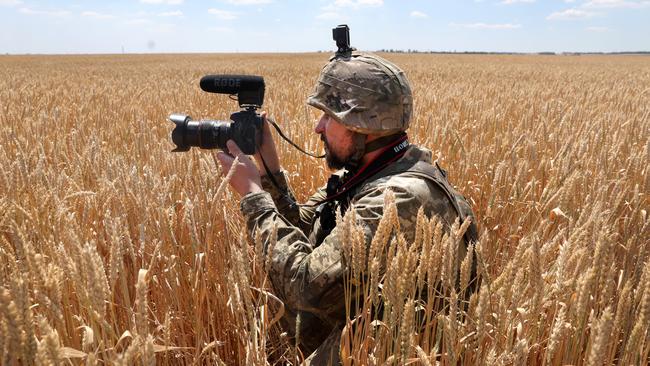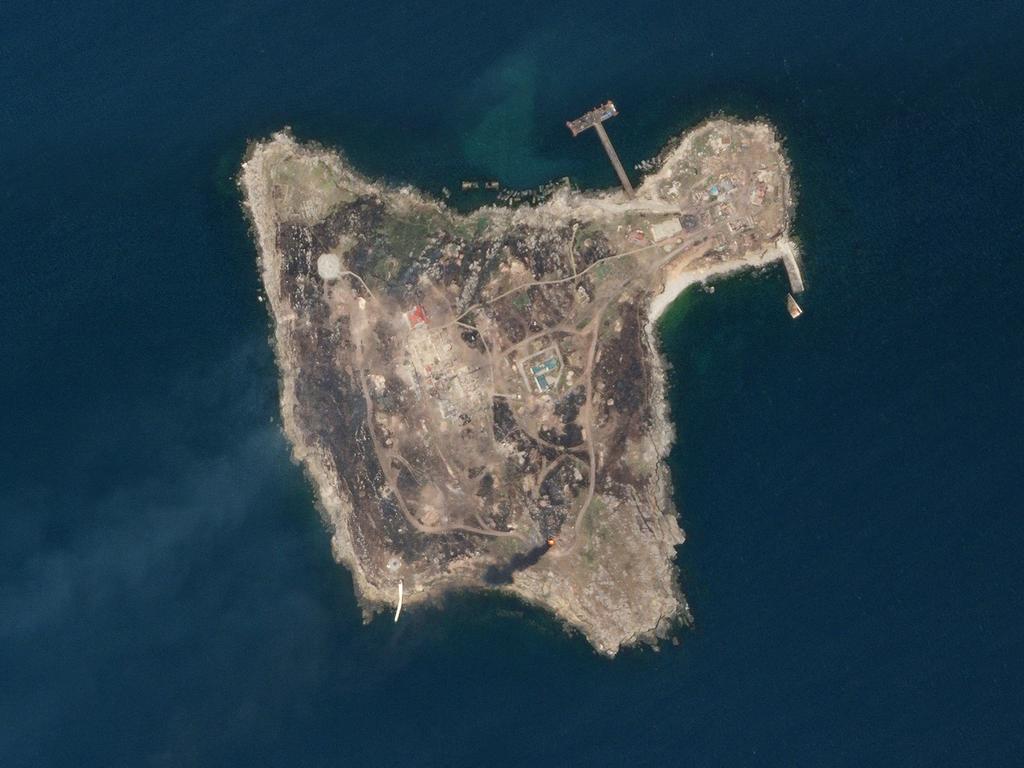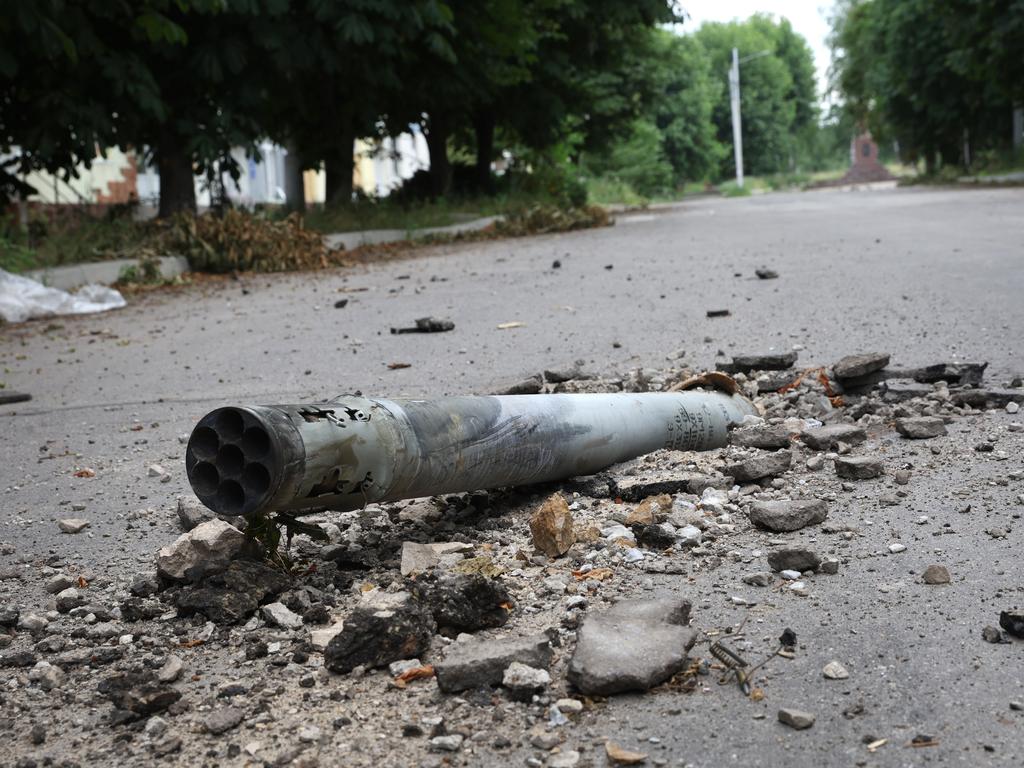Mines, port damage threaten revival of sea route for Ukraine grain
Getting grain moving again could take weeks even if Ukraine and Russia agree to a UN plan to clear a safe path for exports.

Before Ukraine can begin exporting grains via the Black Sea, mines have to be cleared, warehouses patched up and shipowners persuaded to take the risk of making the journey.
At the port city of Odesa, few have faith that will happen soon. UN-sponsored talks are aimed at striking an agreement between Moscow and Kyiv to give shipments of Ukrainian grain safe passage from ports to safer waters in the Black Sea by escorting freighters along a path cleared of mines. The plan is part of a broader diplomatic effort to liberate Ukraine’s usually prodigious agricultural exports, which have been largely cut off by the war, helping to stoke inflation.
Before the war almost all of Ukraine’s wheat, corn and sunflower oil went out through its Black Sea ports. Now, several of those ports are in Russian hands and mines blockade others, while infrastructure has been damaged.
Should Ukraine and Russia agree to the UN-backed deal – or if the war were to end – it could still take weeks, or even months, to get traffic moving again, Ukrainian officials and industry players say.
“This might be a long-term story and we are considering the options of shipping the next year’s harvest” outside of the ports, said Rustem Umerov, a member of Ukraine’s negotiating team. “Honestly, after eight years of war with Russia, Ukrainians have no trust in Russians,” Mr Umerov added, in reference to Moscow’s 2014 annexation of Crimea and the Kremlin-backed separatist movement in Donbas.
Russia has denied that it is deliberately hindering Ukrainian exports and has accused Kyiv of exacerbating the food crisis. Russia is not blocking the export of grain from Ukrainian ports,” Kremlin spokesman Dmitry Peskov said. “We have nothing to do with the worsening of the grain crisis. Active efforts are currently under way to solve the problem.”
Six Ukrainian ports are blocked by mines and the Russian navy, with another four occupied by Russia. Just three small river ports are moving goods. Among those blocked is Odesa, which before the war shipped more grain than anywhere else in Ukraine.
Ukraine’s Coast Guard says it doesn’t know how many mines are in the nearby water. The country has mined its shore too, to protect itself from a potential invasion by sea, and Kyiv is reluctant to move that safety net.
Ukraine doesn’t have the capability to clear mines itself, and should it agree to make a safe sea path it would need help from the NATO.
Several European nations have minesweeping capabilities and Turkey, which has championed the safe sea path proposal, has offered to clear the ordnance.
Ukrainian officials have said that it would take months to demine the Black Sea, which is why the UN plan centres on sweeping a corridor through them, rather than clearing them all. US officials believe that the operation could take anywhere from days to weeks, depending on the type of mines in the sea.
Even if a path is cleared, some in the maritime industry say they remain apprehensive.
Two large grain shipping companies said they would be careful about visiting Ukrainian ports unless all the mines have been cleared or even while the war continues, given the risk for sailors. Higher insurance costs would have to be borne by those chartering the vessels, they said.
Oleg Grygoriuk, chairman of the Marine Transport Workers Trade Union of Ukraine, said that demining wasn’t enough of a guarantee the waters would be safe because Russia could attack vessels. At the start of the war, several vessels were hit by missiles. Ukraine has also accused Russia of targeting its ports, which could affect its ability to handle cargoes for export.
On June 22, Russia hit grain and sunflower oil terminals at the Ukrainian port of Mykolaiv owned by Canadian agribusiness Viterra and US grain trader Bunge. A large sunflower-oil processing plant near Mariupol and other Mykolaiv terminals have also been struck in the past. Mykolaiv would require work to get back to full capacity, with repairs needed to silos and cisterns.
Grain continues to be sent out of Ukrainian ports controlled by Russia, suggesting the facilities haven’t sustained too much damage. From March to June, ships visited Ukrainian ports in Russia-controlled areas an average of 99 times a month.
The Wall Street Journal





